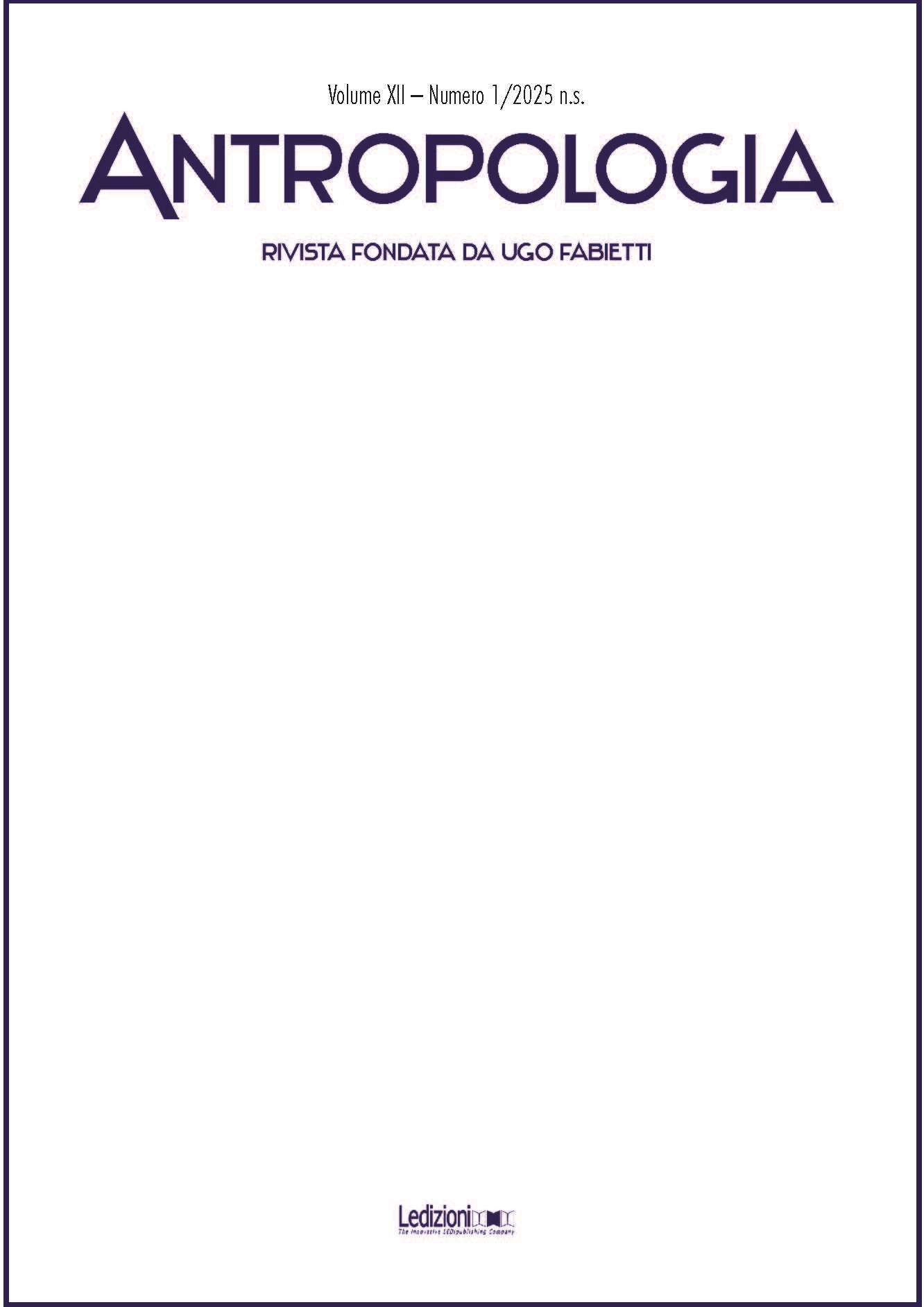Unexpected allies : the conservation of amazonian stingless bees between biological sciences and cultural anthropology
DOI:
https://doi.org/10.14672/ada20251pp21-36Keywords:
biodiversity, conservation, Meliponini, ethnotaxonomies, interdisciplinarityAbstract
The accelerating loss of biodiversity is causing significant environmental damage and disproportionately affecting Indigenous and marginalized communities. This underscores the need for an interdisciplinary approach to conservation biology. Based on our collaborative work on a stingless bee conservation project in the Amazon, this article explores the role of cultural anthropology in interdisciplinary research, emphasizing its challenges and contributions. We examine the epistemological tensions and methodological obstacles that arise when integrating academic and Indigenous forms of knowledge, and reflect on the cultural and political dimensions of such initiatives, as well as the importance of effectively communicating research outcomes. This case study demonstrates how a critical reassessment of disciplinary boundaries can foster collaboration between diverse research paradigms, enabling the development of multi-epistemic knowledge systems. In doing so, it contributes not only to more effective conservation practices but also to a rethinking of the conceptual divisions between “nature” and “culture.”
Downloads
Published
Issue
Section
License

This work is licensed under a Creative Commons Attribution 4.0 International License.
Authors maintain the copyright of their original work and grant the Journal the right to first publication, licensed after 36 months under a Creative Commons Licence – Attribution, which allows others to share the work by indicating the authorship and first publication in this journal.
Authors may agree to other non-exclusive licence agreements for the distribution of versions of their published work (for example in institutional archives or monographs) under the condition that they indicate that their work was first published in this journal.



